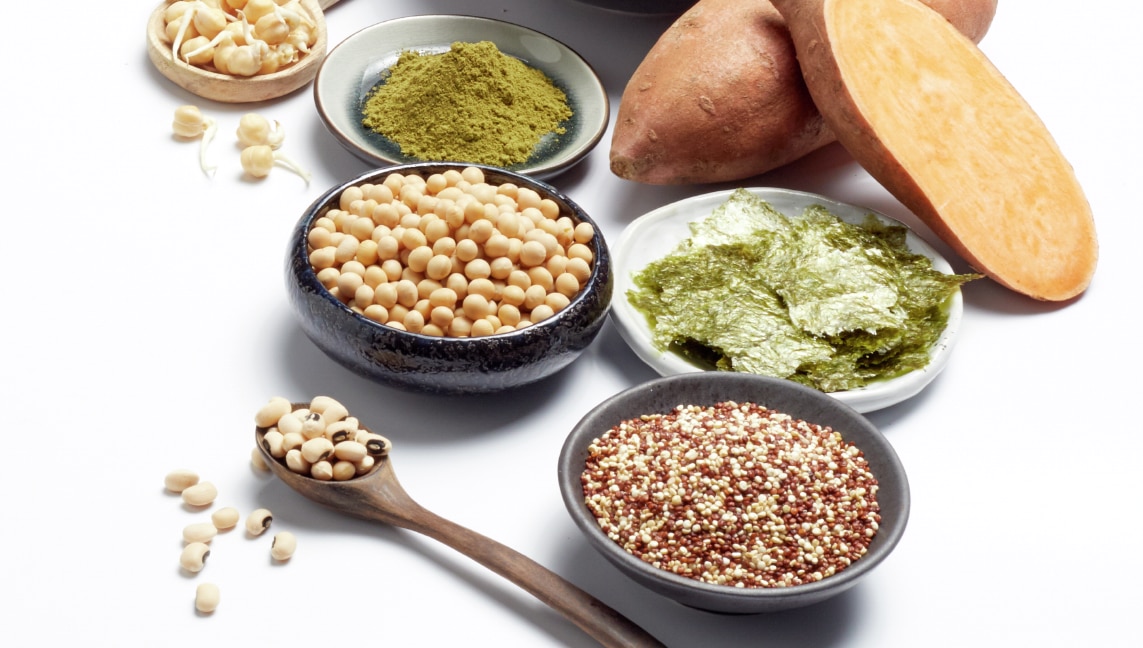Skip to:
The population of the planet is growing at an unprecedented rate. By 2050, it’s predicted to reach almost 10 billion people, which will put an overwhelming strain on our food supply systems. While it’s easy to think that it’s energy and transport that are the main causes of climate change, the environmental impact of food production is astronomical. To ensure there are enough of the world’s finite resources left for future generations, we need to change the way that we produce and consume food.
The Environmental Impact of Food Choices
Humans are creatures of habit and you only need to look at our food choices to see that. 75% of our food supply comes from just 12 plant and 5 animal species. Of that, just 3 foods – wheat, rice, and corn – comprise 60% of our plant-based intake. This method of monoculture farming, where a single crop is grown at a time, can be extremely damaging to the environment.
The Effects of Monoculture Farming
Monoculture farming is popular because it’s an efficient way of growing enough of a certain crop to meet demand. However, a worrying side effect of monoculture farming is that it causes major soil damage and land degradation. Repeatedly growing the same crops depletes the soil's nutrients, threatening our ability to produce that crop in the future, but also leaving the land unable to support any other crops. Additionally, monoculture farming leaves crops at higher risk from diseases, pests and weeds. The plants require synthetic fertilizers and pesticides to survive, which can pollute our water systems and harm aquatic life.
For the food industry and the environment to work in harmony, polyculture farming is the way forward. Planting different crops on rotation helps to improve soil quality and maintain the land’s natural ecosystem. Plants grown alongside other species are more resilient and help to enrich the soil’s nutrients, rather than depleting them, so there’s no need for chemicals.
How to Eat More Sustainably
So, how can we help? It all starts with what’s on your plate! Switching out some of your usual foods for less common varieties of grains, like spelt, millet and buckwheat, or vegetables like okra, bok choy and rapini, can influence our farmers to increase the variety of crops they grow. The more awareness there is around the environmental impacts of our food consumption, the more pressure there will be on the industry to make positive changes for the planet. Here are some of our top tips for incorporating a wider variety of foods into your meals:
- Practice Plant Power – Plant-based foods are far less land-intensive than meat and dairy products, so why not try incorporating more vegetarian or vegan dishes into your meals?
- Go Grain – Try incorporating more grains and pulses into your dishes. For example, instead of beef, you could try making chilli with black turtle beans, or switching out regular white rice for wild rice instead.
- Vary Your Veggies – Next time you’re at the grocery store, we challenge you to try a new vegetable you’ve never tried before! Trade your usual tomato for a sweeter and less acidic orange tomato or use vitamin-rich beet greens in your next sauté or salad.
- Revamp Your Recipes - Get inspiration with tempting meal ideas from Knorr that focus on the Future 50 recipes – featuring 50 different foods from all over the world which we’re championing in our efforts to boost agrobiodiversity.

